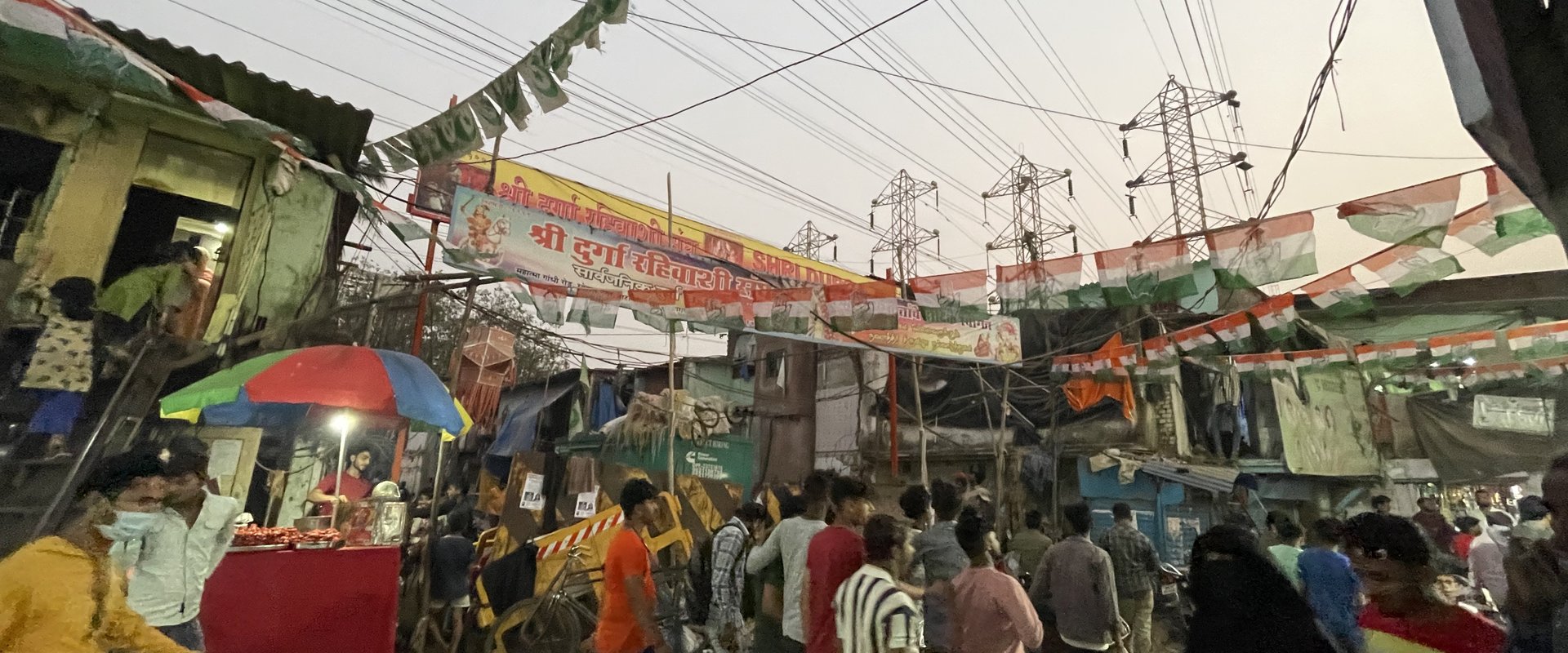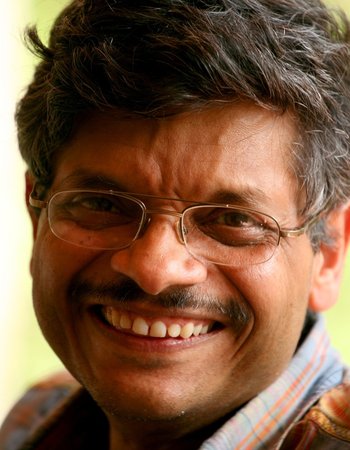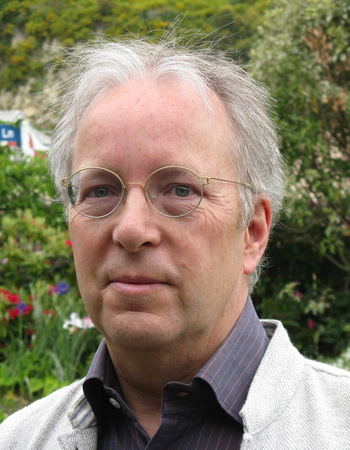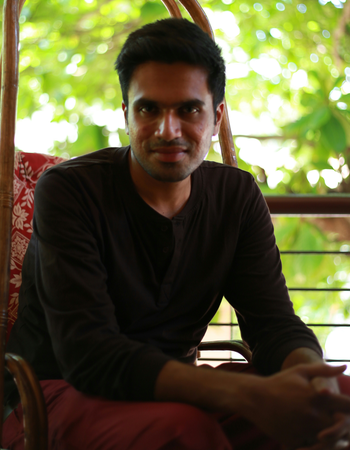Urbane Eigentumsordnungen und die Transformation von Bürgerschaft. Zum Wandel von Eigentumsformen und Verwandtschaftsstrukturen in Indien

Projektbeschreibung
Im Zuge zunehmender Informalisierung und der fortschreitenden Urbanisierung der Arbeiterschaft sind Eigentumsordnungen in Indien zu einem Nährboden für heftige Konflikte um Existenzgrundlagen, Ressourcen und Raum geworden. Das Teilprojekt nutzt die Erklärungskraft von Eigentumsstrukturen, um den Wandel sozialer Ordnungen und der ihnen zugrunde liegenden normativen Bedingungen im post-liberalisierten Indien zu verstehen. Unterschiedlicher Zugang zu Eigentum ist eng mit der Aneignung und Mobilisierung anderer Ressourcen verknüpft, beispielsweise der strategischen Eheschließung, Monopolmieten sowie der Verfügbarkeit von Bankkonten und Kreditkarten.
Demnach beziehen sich Eigentumsverhältnisse nicht lediglich auf den Vermögensaufbau, sondern ebenfalls auf die Legitimierung des Bürgerstatus und demokratischer Rechte, die durch die Intersektionen ungleicher Kasten-, Gesellschaftsklassen-, Religions- und Geschlechterverhältnisse strukturiert ist.
Projektaktivitäten
Veröffentlichungen
- Patil, Varun (2024). „Performing property: My methodological struggles with capturing snapshots of ‘urban property regimes’", in: S. J. Benjamin (Hrsg.), Cities Untold: Spatial stories, negotiations and imaginations. Tulika: New Delhi.
- Jothe, Sanjay (2024): „Ek Nayi Ummeed (Hindi)", in: Hans Hindi Monthly, 4, New Delhi: Akshar Publication, 40–47.
- Patil, Varun (2024): „From bureaucratic practice to competing policy: examining the durable and redistributive nature of land regularization politics in Bangalore, City", in: Analysis of Urban Change, Theory, Action 28(1-2), DOI: 10.1080/13604813.2024.2324212.
- Patil, V.; Benjamin, S. (2024): „Porous Bureaucracies, Land and Urban Inclusion. A Perspective from Indian Cities", in: C. Bénit-Gbaffou (Hrsg.), Local Officials and the Struggle to Transform Cities. London: UCL Press, 429-454.
- Patil, V. & Fuchs, M. (2024): „Ownership rights in practice: Property dynamics in an urban poor settlement in Mumbai – The exemplary case of Dharavi", in: Berliner Journal für Soziologie, 34 (4).
- Fuchs, Martin (2023): „Beyond Diversity: Precarious Belonging and Religious Conjunctions - Dalits in Dharavi”, in Stausberg, M. (Hrsg.), Religion, Mumbai Style. Events-Media-Spaces, New Delhi: Oxford University Press, 62-83.
- Renzi, B.; Fuchs M.; Linkenbach A. (2023): „Theorizing Across Traditions: Social Science as a Polyphonic Encounter“, in: B. Hollstein, H. Rosa and J. Rüpke (Hrsg.) „Weltbeziehung”. The Study of our Relationship to the World, Frankfurt: Campus, 129-156.
- Fuchs, Martin (2022): „Metropolitaner Kontext und neue religiöse Bewegungen. Formen hinduistischer kosmopolitischer Urbanität“, in: Moderne Stadtgeschichte, semi-annual vol. 1, 98-111.
- The Urban Popular Economy Collective, S. Benjamin et al. (2022): „Urban Popular Economies: Territories of Operation for Lives Deemed Worth Living", in: Public Culture 34 (3), 333–357, https://doi.org/10.1215/08992363-9937241.
- Patil, Varun (2022): „Theorising Contestations over Decongesting Street Economies: Beyond Narratives of Inevitable Dispossessions and Shared Commons", in: Jha, S.; Bharat G. (Hrsg.), The Social Life of Streets in India: Histories, Contestations and Subjectivities. Bloomsbury India, 219-243.
- Fuchs, Martin (2021): „Precarious Belonging: Religious Options and Engagements with the World in a Metropolitan Context. The case of Dalits in Dharavi (Mumbai)”, in: Religion and Urbanity Online, Berlin: de Gruyter. DOI: https://doi.org/10.1515/urbrel.11276238.
- Schwecke, Sebastian (2021): Debt, Trust, and Reputation. Extra-legal Finance in Northern India. Cambridge: Cambridge University Press.
Vorträge
- Benjamin, S. (2023) Video Lecture NPTL: Lecture 35 - Globalized Space Centres Cities (Public Access and Teaching)
- Sanjay Jothe, „Digital Labor Platforms and the Rural-Urban Technological Divide in India: The Impact of the Jajmani System and the Caste System on the Rural Poor“, vorgestellt auf einer vom Indian Institute of Human Development im Juli 2023 organisierten Konferenz.
- Varun Patil: Teilnahme und Präsentation am Panel „Interrogating State capacity on the issue of slum housing“ auf der IIPN-Jahreskonferenz am Indian Institute of Management Ahmedabad IIM (Internationale Konferenz) (13.12.2022).
- Varun Patil: Teilnahme und Präsentation am internationalen Workshop „City Drafting: Property-making and Bureaucratic Urbanism in South Asia“, University of Pennsylvania, Der vorgestellte Beitrag wird derzeit vom CITY Journal (Taylor and Francis) als Teil der Sonderausgabe über bürokratischen Urbanismus geprüft. (23.05.2022)
Veranstaltungen
- Beatrice Renzi: „Religion at the crossroads of rural-urban life-worlds“, MWK-Kolloquium. (31.01.2024)
- B. Renzi; M. Fuchs (Mitveranstalter): „Urban property regimes and citizenship in transition“, abschließender Workshop B01 Projekt. (24.-25.01.2024)
- B. Renzi; M. Fuchs (Mitveranstalter): „Changing ownership patterns and systems of relatedness in India”, Eröffnungsworkshop B01 Projekt. (01-02.02.2023)
- Interner Projekt-Workshop in Erfurt. (01.-02.02.2023).



